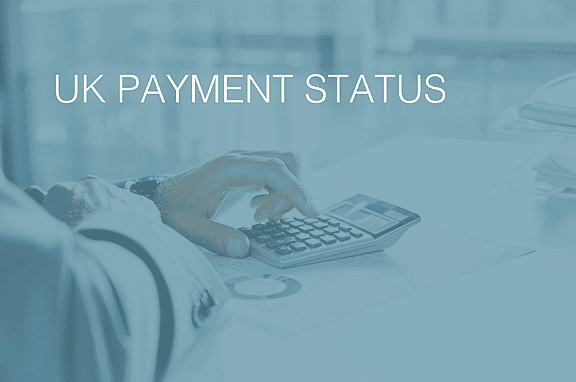Over a quarter (28%) of businesses are reporting that late payments are becoming more frequent as the cost of living crisis starts to impact SMEs.[2] Whilst 16% of SMEs are finding it difficult to pay suppliers themselves.
The Federation of Small Businesses (FSB) say that the late payment crisis is threatening the survival of one in ten UK companies and predicts that as many as 440,000 could close as a result, in the coming year. This comes after an estimated 400,000 small businesses closed their doors in 2021. [3]
Late payments suffocate a business’s finances, destabilizing cash flow and are the single biggest cause of business failure. Money owed prevents investment across the business, leaving owners unable to secure new hiring opportunities, or equipment to expand the business offering.
Small Business Commissioner, Liz Barclay said “It is utterly distressing to see that late payments for some are becoming more frequent. However, given the cost of living crisis, increases in material costs and staff wages, it isn’t surprising as many firms are delaying payments until they themselves are paid.
The biggest companies with the deepest pockets must realise that if they delay payments or offer unfair extended payment terms the whole of their supply chain suffers. It’s expensive in time and money to find new suppliers. Now more than ever bigger customers must treat smaller suppliers fairly and #PayDontDelay.”
Late payments are a barrier to UK growth
More than half of UK businesses say that late payments are inhibiting their growth (51%), stopping them meeting wage demands (57%), and preventing them from paying their own suppliers on time (60%). [1]
Faster payments from customers could help SMEs expand products and services, improve their sustainability performance, bring more services in-house and automate operations.
Financial instability brings caution with 6 in 10 businesses are being more cautious with their borrowing and spending, slowing down economic growth beyond SMEs and UK business.
The immense task of chasing payment
Three in five (58%) SMEs are currently waiting on money which is tied up in unpaid invoices, according to recent research by a UK High Street Bank. For medium sized enterprises with 50 to 249 staff, those waiting on late payments rise to more than nine in ten (94%).
So what can SMEs do to speed up payment?
Many SMEs do not have the in-house expertise or resources to effectively manage their debtors and payment terms. As cash flow and working capital management remain a top priority for business owners, many look to outsourcing.
The pandemic has motivated many SMEs and businesses seek a cash flow solution through financial providers, offering Factoring (or invoice finance). Handing over the management of their debtors to a professional service and receiving a percentage of their invoices almost instantly.
Strengthening liquidity and reassessing contracts with suppliers and partners can be prioritized as part of the transfer to a long-term cash flow solution such as invoice finance.
The inclusion of Debt Protection as part of your finance partnership could see the risk of non-payment transfer away from the business. With 39% of businesses involving solicitors or taking legal action to reclaim payments [2], claiming payment can be a never ending and expensive task.
What actions are being taken to support SMEs?
The Federation of Small Businesses and Small Business Commissioner are urging government to do more on late payments. Any SME that is experiencing difficulties due to late payments can contact the Small Business Commissioner for support and advice. Banks and financial organisations are urging businesses to make good on their payment commitments in good time and pay their suppliers promptly.
grenke continue to offer alternative methods of financing and protection for their clients and their cash flow.
Resources:
ICAEW Chartered Accountants - UK businesses brace for late payments surge [June 2022] [1]
Barclays - Over a quarter of UK businesses hit by more late payments due to rising cost of living [May 2022] [2]
ACCA - Global Body for Accountants - Late payment crisis threatens small firms in 2022 [3]


